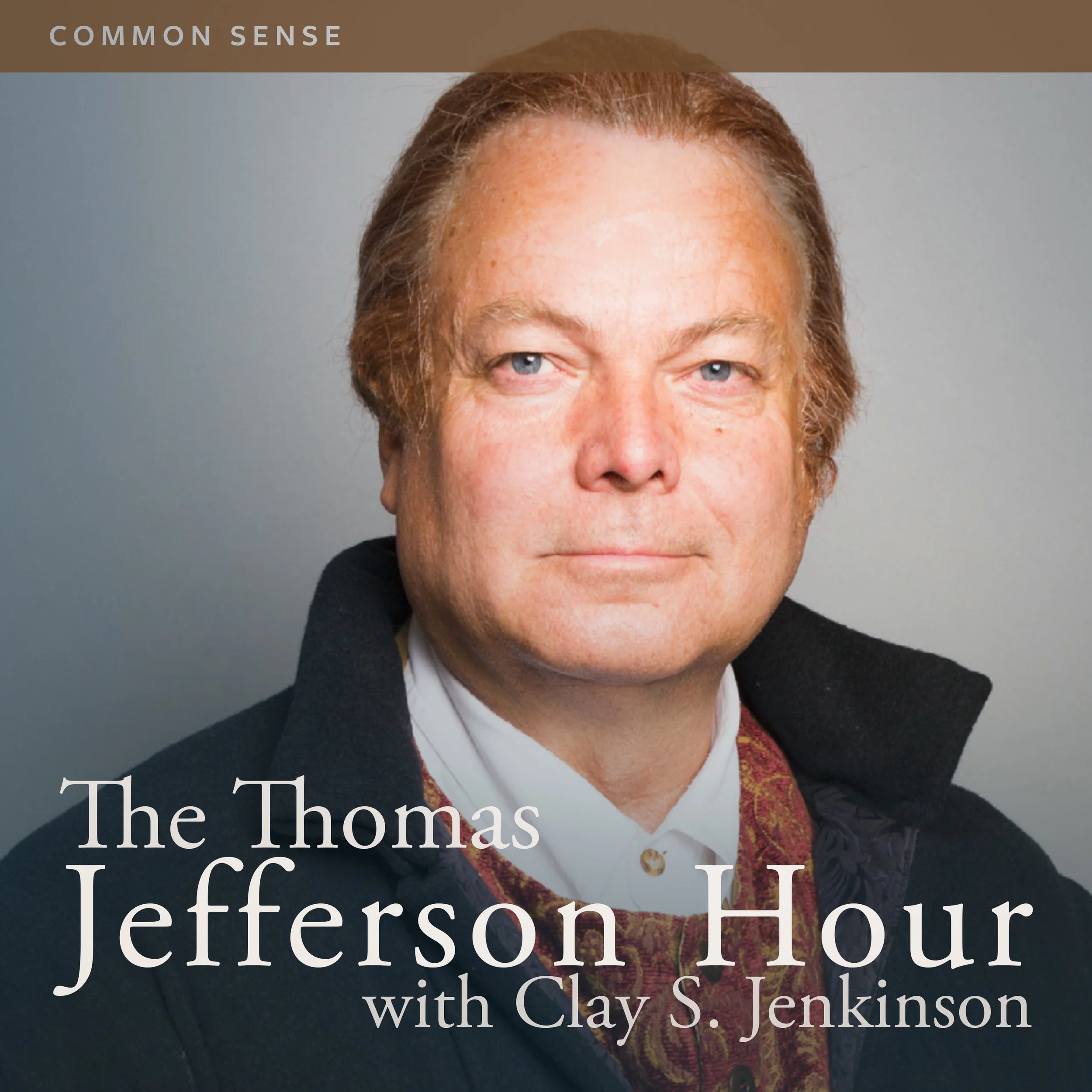"Understand him for his flaws as well as for his greatness."
— Joe Ellis
We welcome historian Joseph Ellis to the program this week to talk about his book American Creation. In the book, Ellis notes a series of five contributions the founding fathers made and Clay Jenkinson asks how those contributions are holding up during our time.



















